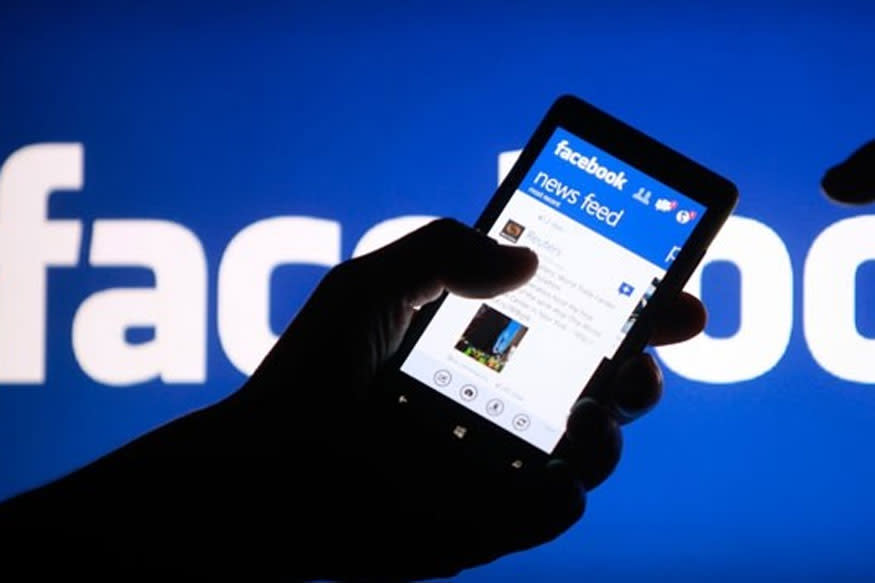Four quick steps to make your Facebook account more private

This week, the Cambridge Analytica scandal highlighted the sheer amount of data Facebook harvests on all its users – and how it can be used for dark purposes.
The scandal has wiped $35bn off Facebook’s value overnight, as users wonder about how much information they’ve shared with the company over the years.
Thankfully, there are a few easy steps you can take to control how your data is used on Facebook – both in terms of what is visible to other users, and how your data might be used by companies.
If you really want to go for it, you can also delete or deactivate your account – but here’s a few gentler steps you can take first.
Set your Facebook posts to ‘private’

This is the most important and simplest step you can take towards keeping your Facebook data safe – ensure people who aren’t your Friends can’t see it.
To do this, go to the top-right menu icon (in the desktop version of Facebook), then click Settings, then click Privacy.
From this, you can select several options, including ‘Public’, ‘Friends’ and ‘Only Me’.
Choose ‘Friends’ – which means that from now, no one you don’t authorise will be able to see your posts.
You’ll still have to deal with your old posts, though, as described below.
Limit the audience of your old Facebook posts

Just because a Facebook post isn’t on your Timeline doesn’t mean it’s not visible – people can often find old Facebook posts via the site’s search function.
Go to Settings, Privacy then select ‘Limit Old Posts’ and it will set them to share with ‘Friends’, which means that your old posts will no longer be ‘Public’.
You can also limit the audience of past posts manually: a more detailed official guide on how to do this is available on Facebook here.
Anything that is shared with Friends of Friends is a privacy risk – you don’t know who your friends might be friends with.
It’s well worth taking the time to ensure every picture and post is at a privacy level that suits you.
Limit what information apps can use
The Cambridge Analytica scandal revolves around private data harvested by an app – and used to influence the American election.
You might not realise it, but you have probably authorised a few apps to use your information.
Go to the go to the top-right menu icon (in the desktop version of Facebook), then click Settings, then click ‘Apps’.
You’ll see a list of apps which you’ve authorised (for instance, Facebook quizzes, or phone apps you’ve logged into with Facebook details).
Delete any that you don’t use.
Police your ‘Likes’
Your Likes are actually very visible on Facebook, without even digging into your profile – and (depending on your privacy settings) can be searched.
So if you’ve liked a few racy or offbeat things in the past, it might be time to revisit your profile and remove them.
Humour sites on the web have used the search to highlight lists of people who use casual sex apps and are also listed as “married”.
Go to your profile, pick Activity Log, then pick ‘Likes’ from the menu. Delete any you wouldn’t want to be seen.

 Yahoo News
Yahoo News 

